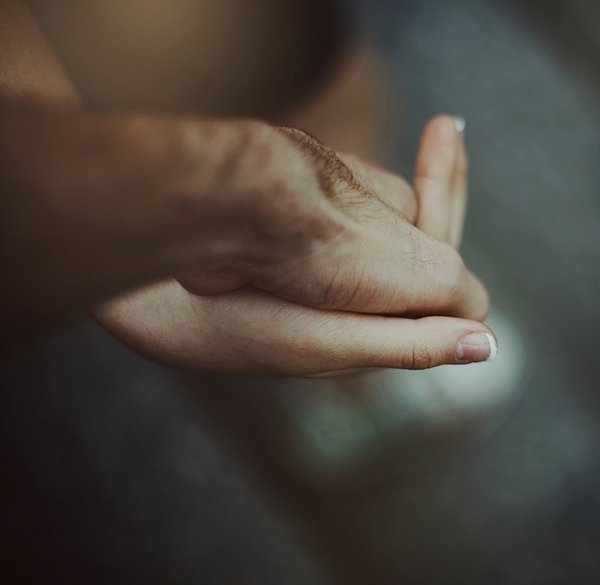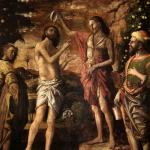 In a previous post, I used Richard Wilbur’s poem “for C” to talk about my long marriage with George. Today I want to fill in some of the blanks that got us to this point.
In a previous post, I used Richard Wilbur’s poem “for C” to talk about my long marriage with George. Today I want to fill in some of the blanks that got us to this point.
My husband is recovering from open heart surgery. My doctor just informed me that my leukemia has reached a point where I have almost no healthy white cells left to fight infection—so even catching a cold could be the beginning of the end.
Life’s fragility: That’s what George and I are experiencing more than ever now. Of course, life is fragile from the day you’re born. But major illness can bring this reality to the forefront of consciousness.
Right now it moves me to look back over our forty-plus years of marriage. And to look at them through the lens of poetry—because poetry universalizes experience, making it feel less claustrophobic.
When we were first married, George and I were just in awe that we had found each other. We marveled at the unlikely chance events that had brought us together. We were like the couple described in Lawrence Raab’s poem “Marriage” in his collection What We Don’t Know About Each Other. They talked—
about chances, moments when their lives
might have swerved off
for the smallest reason.
What if
I hadn’t phoned, he says, that morning?
Our first years were idyllic. I remember (with a blush) long afternoons in bed, reading Jane Austen aloud before or after making love.
But of course reality entered eventually, in the form of the challenges of childrearing and earning enough money for the household. For any couple, there’s an inevitable tenseness in these years: jobs are stressful, raising a child is an overwhelming responsibility (not lessened by the fact that many, many people do it).
In her poem “Afternoon Happiness” featured in the collection Cool, Calm & Collected, Carolyn Kizer evokes some of the push-and-pull of this period in married life:
At home, I want to write a happy poem
On love, or a love poem of happiness.
But they won’t do, the tensions of every day,
The rub, the minor abrasions of any two
Who share one space.
Sometimes our abrasions were much more than minor. But George and I, in those middle years, also had moments of epiphany, like the speaker in Richard Jones’ “The Manifestation” in Image (issue 75):
The night of the Perseid shower,
thick fog descended
but I would not be denied.
I had put the children to bed,
knelt with them,
and later
in the quiet kitchen
as tall red candles
burned on the table between us,
I’d listened to my wife’s sweet imprecations…
After his wife has gone to bed, the speaker goes outside:
I lifted my eyes
into a blind nothingness of sky…
I thought of the earth
on which I stood,
my own
scanty plot of ground,
and as the lights passed unseen
I imagined glory beyond all measure.
Then I turned to the lights in the windows—
the children’s nightlights,
and my wife’s reading lamp, still burning.
I love how the epiphany in this poem comes not from the cosmic event that the husband goes outside to see, but from the tiny lights in his house, signaling his family’s wellbeing. It’s an epiphany of the grace that’s in the ordinary: a home, a family snug inside.
Even during our years of struggle in our relationship, George and I had countless moments of grace like this, where the “glory beyond all measure” shone through our everyday doings:
George playing ball with our son, or planting tomatoes in our backyard garden, and I folding the laundry, savoring the touch of his T-shirts, worn and ratty as they might be (and often were). Even when I was out of sorts, or miffed at him about something trivial, I’d treasure folding those T-shirts, reminding myself of the blessing that I had his clothes to fold.
In our current stage of marriage, both living with chronic illness that dampens our quality of life, there’s a softness and gentleness in the way we treat each other. I think it’s an unspoken gratitude that we’ve been granted another day together. (We both work at home, as writers, so we are together a lot.) More than ever before, one of us spontaneously says te quiero, or gives a little passing kiss on the back of the neck.
I remember how my parents, in their final years, would often reminisce about trips they’d taken together. Now that George and I do the same, I think I understand better this impulse. It’s a way of implicitly saying to each other: we have lived this long life together, and here are some specific joys that we’ve shared.
Stuart Dybek evokes the feel of the final stage of a long marriage in his poem “Their Story” (from Poetry, June 2012):
They were nearing the end of their story.
The fire was dying, like the fire in the story….
Wet kindling from an orchard of wooden spoons…
Boots in the corner kick in their sleep.
A jacket hangs from a question mark.
George and I could live together for another decade—or maybe just for another day. That’s the question mark our jackets hang from.
Peggy Rosenthal is currently teaching an online course, “Poetry as a Spiritual Practice,” through Image’s Glen Online program. Learn more here.















